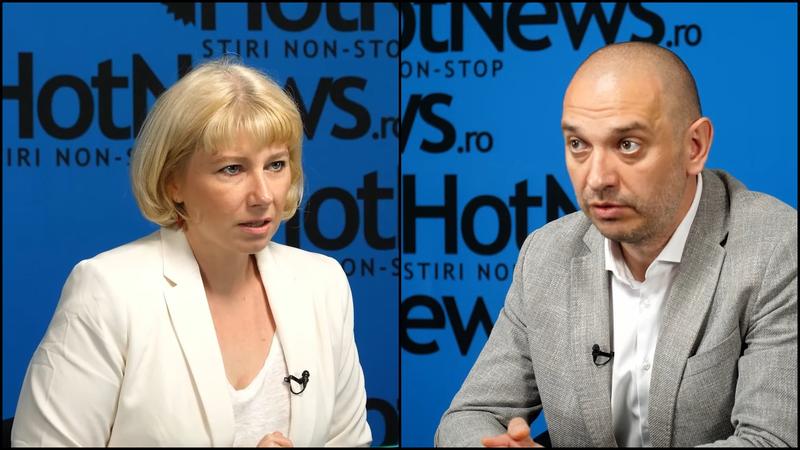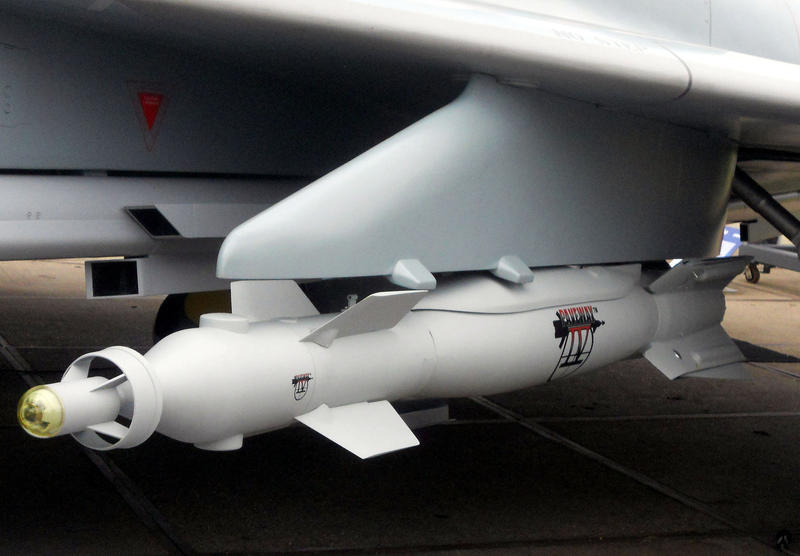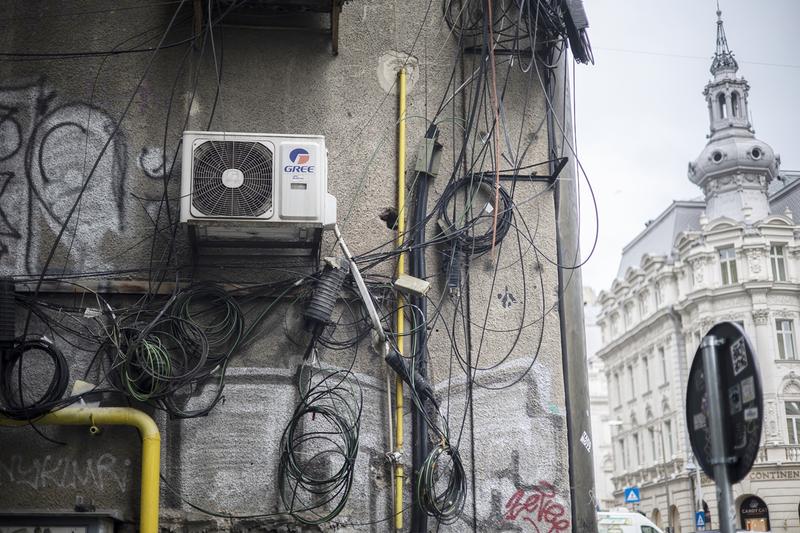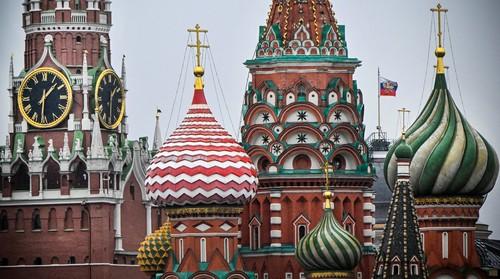The most important scientific experiment in recent history starts officially on Wednesday morning when the biggest particle accelerator ever built becomes operational. Its purpose is to recreate what happened immediately after the Big Bang and thus help scientists to better understand universal processes. But the events involving the huge LHC particle accelerator today are just the start of a long period of collosal scientific efforts due to continue for years to come.
UPDATE:
The first data collected showed that the first stream of subatomic particles were fired into the tunnel. After an hour or so, the circuit had been completed, which was the main objective on the agenda for the first day.
This was a highly expected moment, and all experts present applauded as the computer screens confirmed that the circuit was done.
UPDATE 2: The second stream of particles was injected to run in the opposite direction. The first blast among protons is expected in several weeks.
What happens today:
- In the morning, at 9.00 Geneva time, a quick planning session takes place at the European center for nuclear research (CERN), to be followed half an hour later by the injection of a first particle beam into the LHC accelerator. The event can be followed live at http://webcast.cern.ch/
- Scientists, engineers and even Nobel laureates are expected to make regular briefings and hold Q&A sessions throughout the day
- The purpose of the first day of the experiment is that the first particle beam fully circles the accelerator. Armies of experts will try to make sure everything goes fine as malfunctions can occur, given the complexity of the system
What will come next:
- After a first evaluation of this phase, another beam will be injected in reverse direction into the accelerator. This may happen in a few days time
- CERN representatives say the first collision of beams from opposite directions to take place no earlier than in six to eight months.
- The first collissions will have a low intensity which will increase gradually to reach a peak when hundreds of millions of collisions take place every second - the most important phase of the experiment, which has sparked speculations (strongly denied by scientists) about a so-called "end of the world"
- The LHC accelerator is due to be shut down for the winter period in mid-November and is expected to be restarted at full capacity next year
- The petabytes of data to be collected will be analyzed by some 5,000 scientists through a major computer grid for years to come.



















